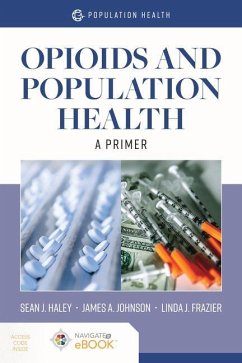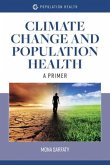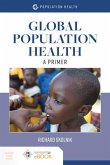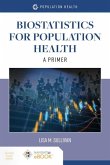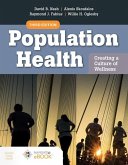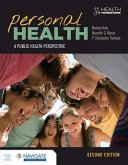"Opioids and Population Health: A Primer, will help senior undergraduate and graduate students to: 1. Describe theories of addiction. 2. Demonstrate the differences between substance abuse prevention, intervention, and treatment. 3. Explain the United States' historical response to opioids. 4. Discuss the differential scope and burden of the current opioid and heroin epidemic on communities and populations. 5. Explain the various sectors, government agencies, and institutions that address addiction generally and the opioid/heroin epidemic specifically. 6. Describe the effectiveness of policy, legal, and regulatory approaches currently in use to address the epidemic. 7. Consider recommendations for sustainable policy and systems changes that are needed to change the opioid addiction trajectory and reduce the epidemic. The text is written through an interdisciplinary approach using the fields of public health, addiction health services research, and implementation science. The authors' experiences with direct client services, city, county, and state governments, managing non-profits, and evaluating treatment interventions speaks to their ability to address issues related to the epidemic thoroughly and critically"--
Hinweis: Dieser Artikel kann nur an eine deutsche Lieferadresse ausgeliefert werden.
Hinweis: Dieser Artikel kann nur an eine deutsche Lieferadresse ausgeliefert werden.

